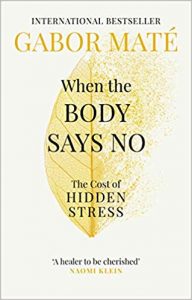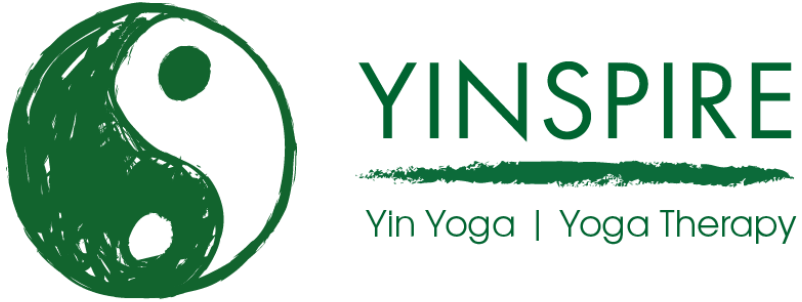Theres no denying that modern medicine has progressed in leaps and bounds over recent decades much to human kinds benefit. However has something been lost on the way?
Its not so long ago that as well as a medio-scientific perspective on health, there was also a emotional one – an appreciation, from experience if not biology, that stress and other emotions can cause or worsen conditions. Today in modern allopathic medicine – the approach for the most part you will find in our Hospitals and GP surgeries – this emotional aspect is often relegated to a secondary position behind biology and pathology, sometimes ignored completely. Its understandable – why trust the vagaries of emotions when we have the certainty of biology? Yet there remains the question what causes the biology? And where thats known, whats the cause of the cause? Why does a cell or a system go rogue? The danger of a reductionist approach is the causes get missed.
Medicine tells us as much about the meaningful performance of healing, suffering and dying as chemical analysis tells us about the aesthetic value of pottery,” Ivan Ilyich quoted from “Limits to Medicine
This book explores this phenomenon and promotes the idea that many conditions have routes in stress and emotions, including repressed emotions. I would, at this juncture, include a big caveat – whilst stress, emotions and repression can be implicated in causes or worsening prognosis of symptoms, that doesn’t mean they are the only cause – reading this book you may think they are the be all and end all – they are not, just part of the jigsaw.
So taking that caveat this book is a useful exploration of the psycho-emotional causes of disease and illness, and in its closing section looks at so called “emotional competence” to promote healing. It will be of interest to anyone wanting to look “outside the box” at their health, and of course professionals in Yoga and similar disciplines. Its a readable and accessible book, based around case studies, some anonymised, others known public figures such as Ronald Regan, and from my perspective I found it a useful reminder not to forget the emotional aspects of our pathologies.
